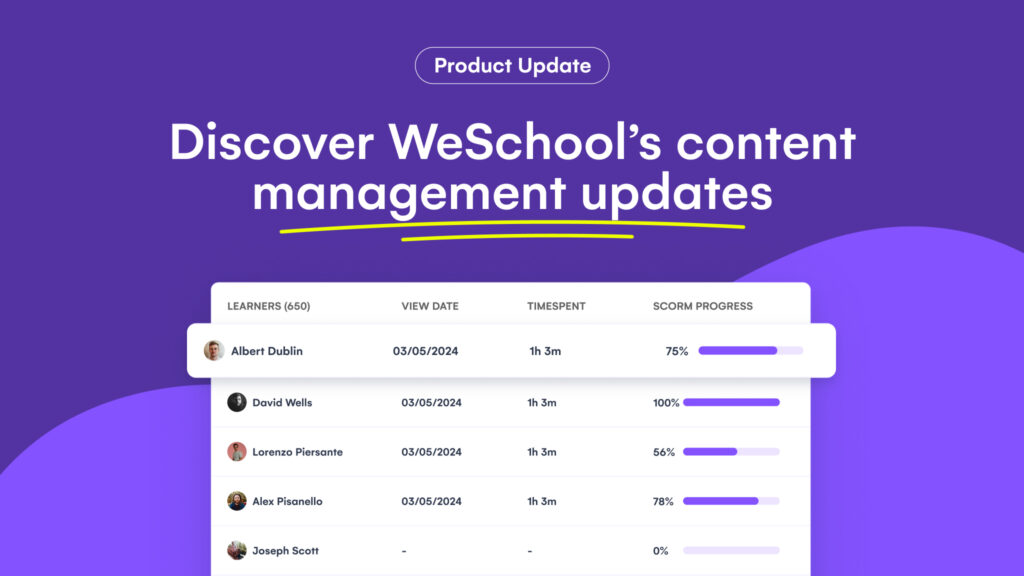The youngest generation in the workforce, Gen Z, is already shaking things up. Born between 1997 and 2012, Gen Zers are known for being tech-savvy, diverse, and socially conscious. They are also changing the way we think about work, with a greater emphasis on work-life balance, purpose, and personal growth.
However, with these changes come new challenges for employers. A 2020 survey by Monster found that 75% of Gen Z workers said they would leave a job if they felt it didn’t provide enough opportunities for personal growth and development. But it’s important to mention that findings also suggest that Gen Z workers may actually be more loyal to their employers than other generations, despite their tendency to prioritize personal fulfilment.
So, why are Gen Z employees quitting? What makes them stay? And what can employers do to retain them? Here are some key factors to consider.
One of the biggest drivers of Gen Z turnover is work-life balance. As digital natives who have grown up with smartphones and social media, Gen Zers prioritize having time for personal activities and relationships outside of work.
Monster’s survey further found that 66% of Gen Zers would prioritize work-life balance over a higher salary. Additionally, a study by Deloitte found that 43% of Gen Z respondents said work-life balance was the most important factor when evaluating job opportunities.
To retain Gen Z employees, employers need to prioritize work-life balance and create a culture that supports it. This could include offering flexible work hours, unlimited vacation time, or remote work options. Employers should also encourage employees to disconnect from work outside of business hours and avoid overworking or burnout.
Another factor driving Gen Z turnover is a desire for purpose and meaning in their work. As the most diverse generation in history, Gen Zers are more likely to seek out work that aligns with their values and makes a positive impact on society.
A study by Cone Communications found that 94% of Gen Zers believe companies should be addressing social and environmental issues, and 87% said they would be more loyal to a company that helped them make a positive difference in the world.
To retain Gen Z employees, employers need to demonstrate a commitment to social responsibility and purpose-driven work. This could include partnering with nonprofit organizations, supporting employee volunteerism, or incorporating social impact into the company’s mission statement and branding.
Finally, Gen Z employees are motivated by opportunities for professional growth and development. As a highly educated and ambitious generation, they want to learn new skills, take on challenging projects, and advance in their careers.
To retain Gen Z employees, employers need to invest in training and development programs that support employee growth. This could include offering mentorship programs, training courses, or leadership development programs. Employers should also provide regular feedback and opportunities for employees to take on new challenges and responsibilities.
Now that we understand some of the key drivers of Gen Z turnover, let’s look at some actionable steps employers can take to retain Gen Z talent:
Offer flexible work hours, remote work options, and encourage employees to disconnect from work outside of business hours.
Demonstrate a commitment to social responsibility and make purpose-driven work a key part of the company culture.
Invest in training and development programs, offer mentorship, and provide regular feedback and opportunities for employees to take on new challenges. An excellent way to do this is by transitioning into a skills-based company. Learn more about the benefits in our latest article on how to transition to a skill-based company.
Maintain open lines of communication with Gen Z employees and provide regular feedback on their work. Make sure they feel heard and valued within the company.
While work-life balance, purpose, and growth are important to Gen Zers, they also want to be fairly compensated for their work. Make sure your company’s compensation and benefits packages are competitive with other employers in your industry.
Create a fun, engaging, and supportive workplace. Encourage team-building activities, celebrate accomplishments, and promote a positive work environment.
By prioritizing these factors, employers can reduce turnover among Gen Z employees and retain top talent. Additionally, these strategies can benefit employees of all generations, creating a more engaged and productive workforce overall.
To learn more about how a collaborative learning environment can help you bridge the gap between what Gen Z wants in the workplace, get in touch with our team of experts. They’ll help you understand how simple changes in your team’s learning and development opportunities can create a big impact on retention, satisfaction and company culture.




Reviews